
Bringing a new puppy into your home is an exciting and joyful experience. Along with the fun and cuddles, it's crucial to focus on socializing your puppy.
Early socialization plays a vital role in shaping your pup's behavior and ensuring they grow up to be a well-adjusted and confident adult dog.

In this article, we'll explore essential tips to help you socialize your new puppy effectively.
-
Start Early, Start Now: Socialization should begin as early as possible. Puppies are most receptive to new experiences and learning between the ages of 3 to 14 weeks. During this critical period, expose your pup to a variety of people, animals, environments, and stimuli to build their confidence.
-
Positive Experiences: Ensure that all socialization experiences are positive for your puppy. Use treats, praise, and playtime as rewards for good behavior. Avoid forcing your pup into uncomfortable situations, as it may cause fear and anxiety. Instead, let them approach new experiences at their own pace.
-
Meeting New People: Introduce your puppy to different types of people, including men, women, children, and people wearing hats, glasses, or uniforms. Encourage gentle interactions, and reward your pup for calm and friendly behavior. Gradually increase the level of excitement during interactions to prepare them for real-life scenarios.
-
Canine Connections: Exposing your puppy to other friendly and vaccinated dogs is crucial for their social development. Arrange playdates with well-behaved dogs or enroll in puppy socialization classes. Monitor the interactions closely, intervene if necessary, and ensure a positive experience for your pup.
-
Positive Exposure to Various Environments: Expose your puppy to different environments, such as parks, streets, shopping centers, and busy areas. Start with less stimulating environments and gradually progress to busier ones. Expose them to various surfaces like grass, sand, and pavement. Remember to prioritize your pup's safety during these outings.
-
Desensitize to Noises: Help your puppy become accustomed to various noises they'll encounter in daily life. Start with low-volume recordings of common sounds such as doorbells, vacuum cleaners, or thunderstorms. Gradually increase the volume over time, ensuring your pup remains calm and relaxed. This desensitization process will help prevent fear and anxiety in the future.
-
Handling and Grooming: Familiarize your puppy with being handled and groomed from an early age. Gently touch their paws, ears, mouth, and tail, rewarding them for remaining calm. Introduce basic grooming activities like brushing, nail trimming, and teeth brushing. This will make future veterinary visits and grooming sessions stress-free for both you and your pup.
-
Exposure to Various Stimuli: Introduce your puppy to different stimuli such as bicycles, skateboards, strollers, and loud noises. Gradually expose them to these stimuli in controlled and positive environments. Pair each exposure with treats and rewards to create positive associations.
-
Ongoing Socialization: Socialization shouldn't stop after the initial critical period. Continue to expose your dog to new experiences and maintain positive interactions throughout their life. Regularly attend obedience classes, visit dog-friendly parks, and organize playdates to reinforce their social skills.
-
Patience and Consistency: Remember, socialization is a gradual process that requires patience and consistency. Each puppy is unique, and some may be more cautious or sensitive than others. Respect their individual needs and progress at their pace. Celebrate small victories and provide a safe and loving environment for your puppy to thrive.
Socializing your new puppy is a crucial investment in their future well-being. By following these essential tips, you can help your pup develop into a confident, well-mannered, and happy adult dog.
Remember to prioritize positive experiences, be patient, and enjoy this wonderful journey of socialization with your furry companion.
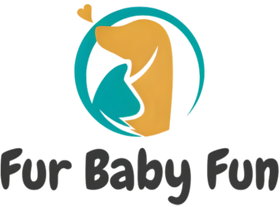
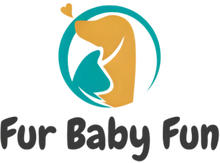

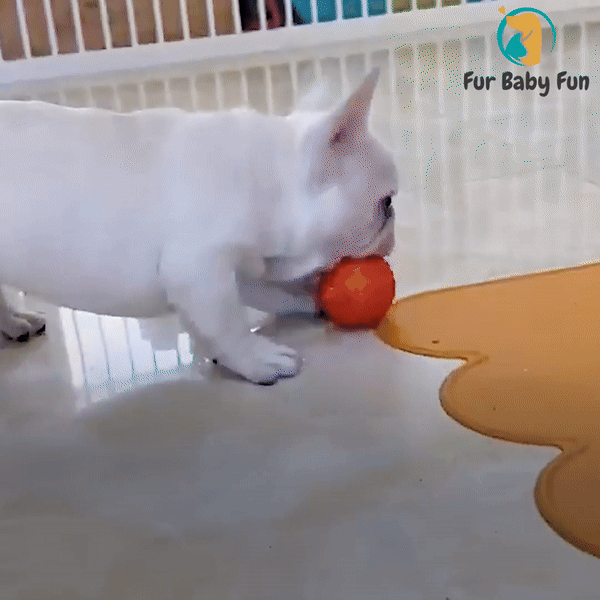
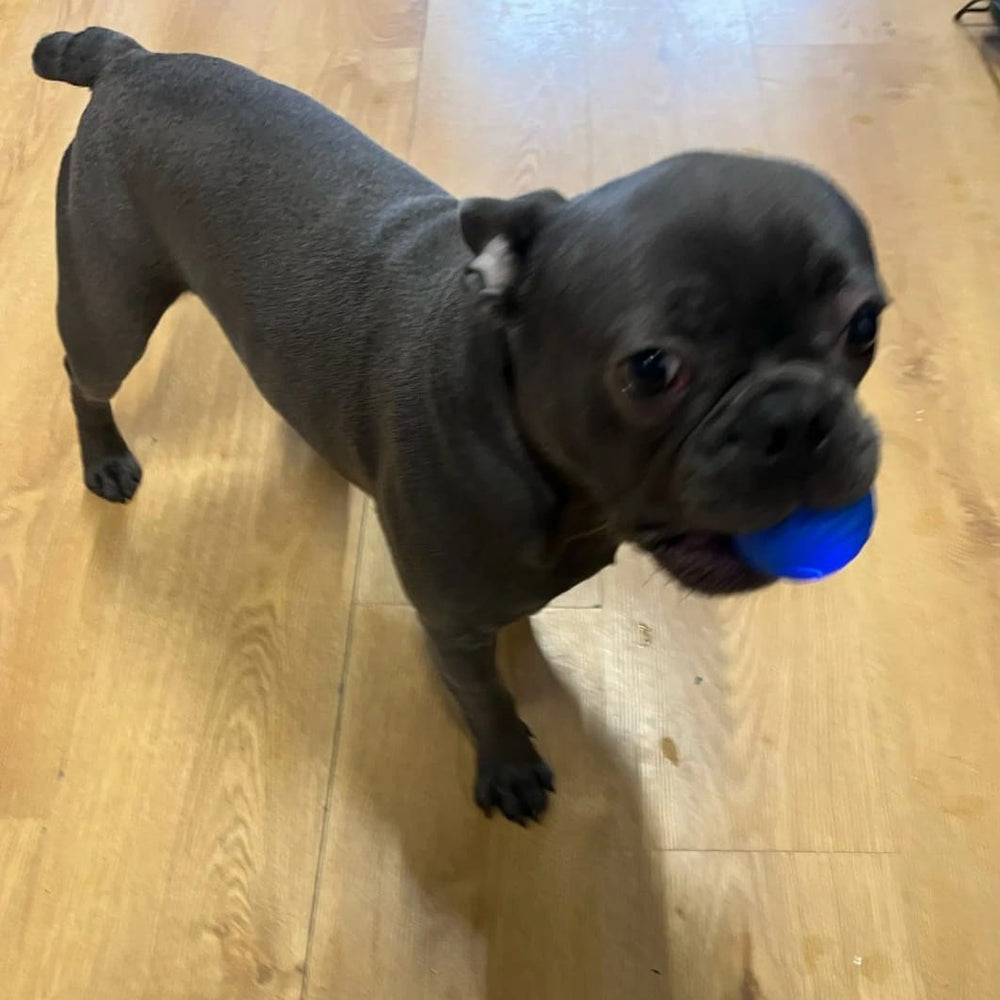


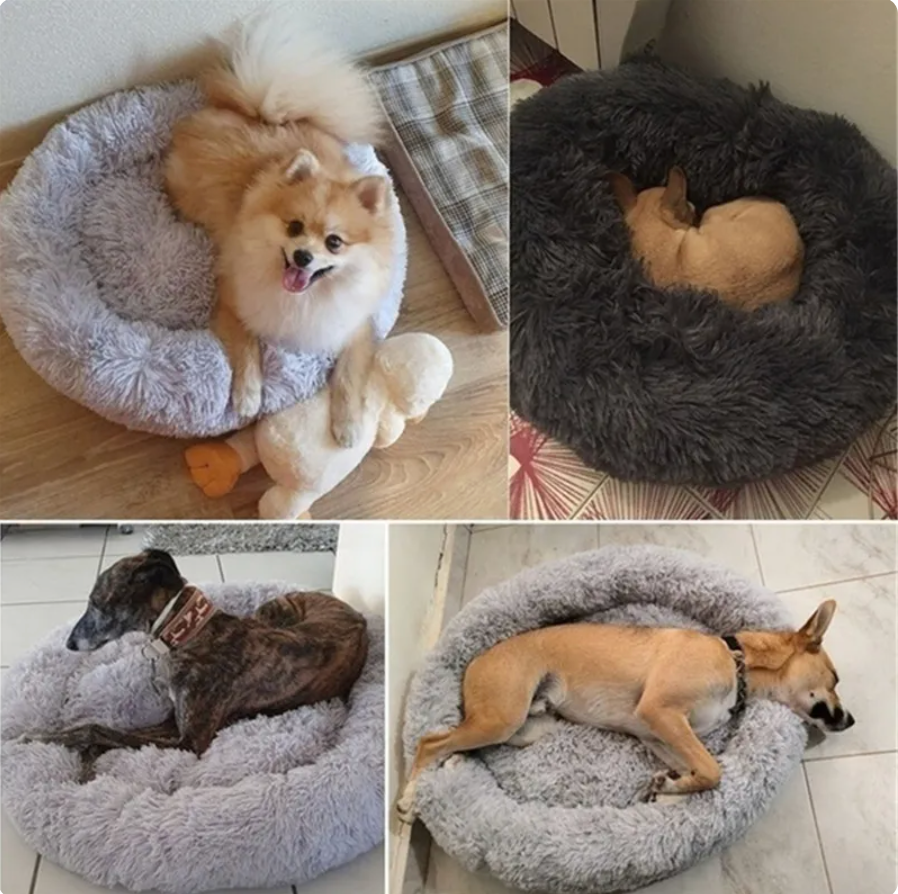
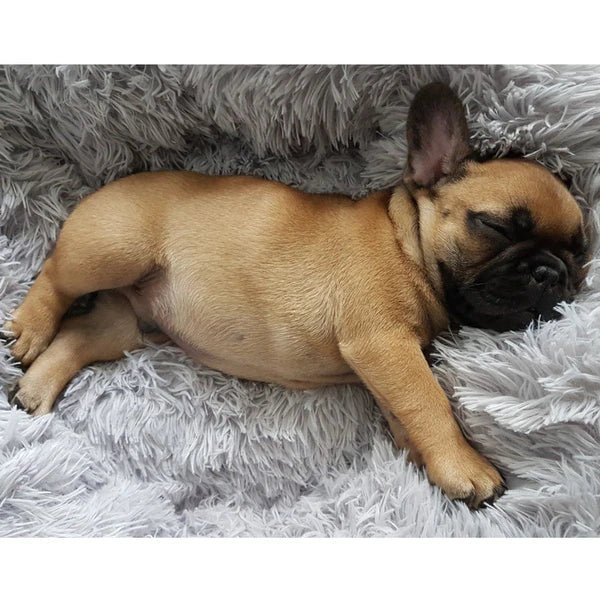
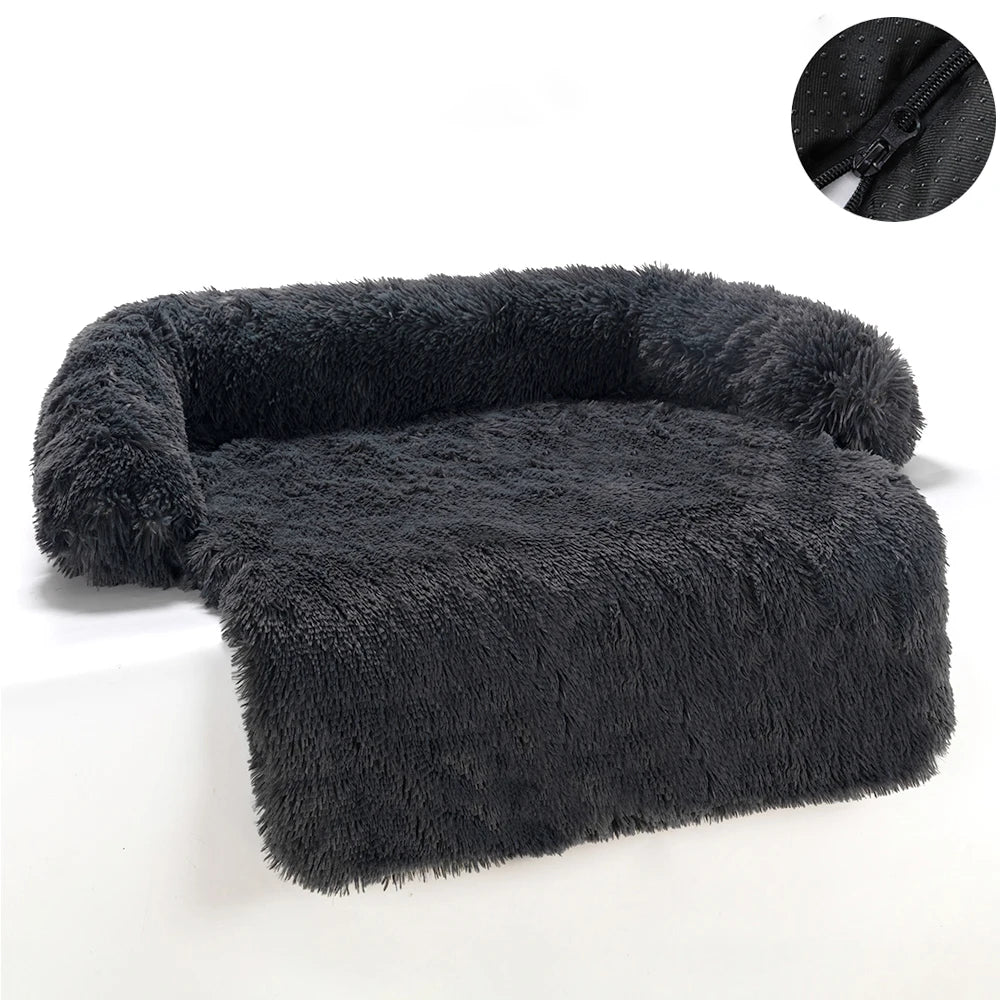
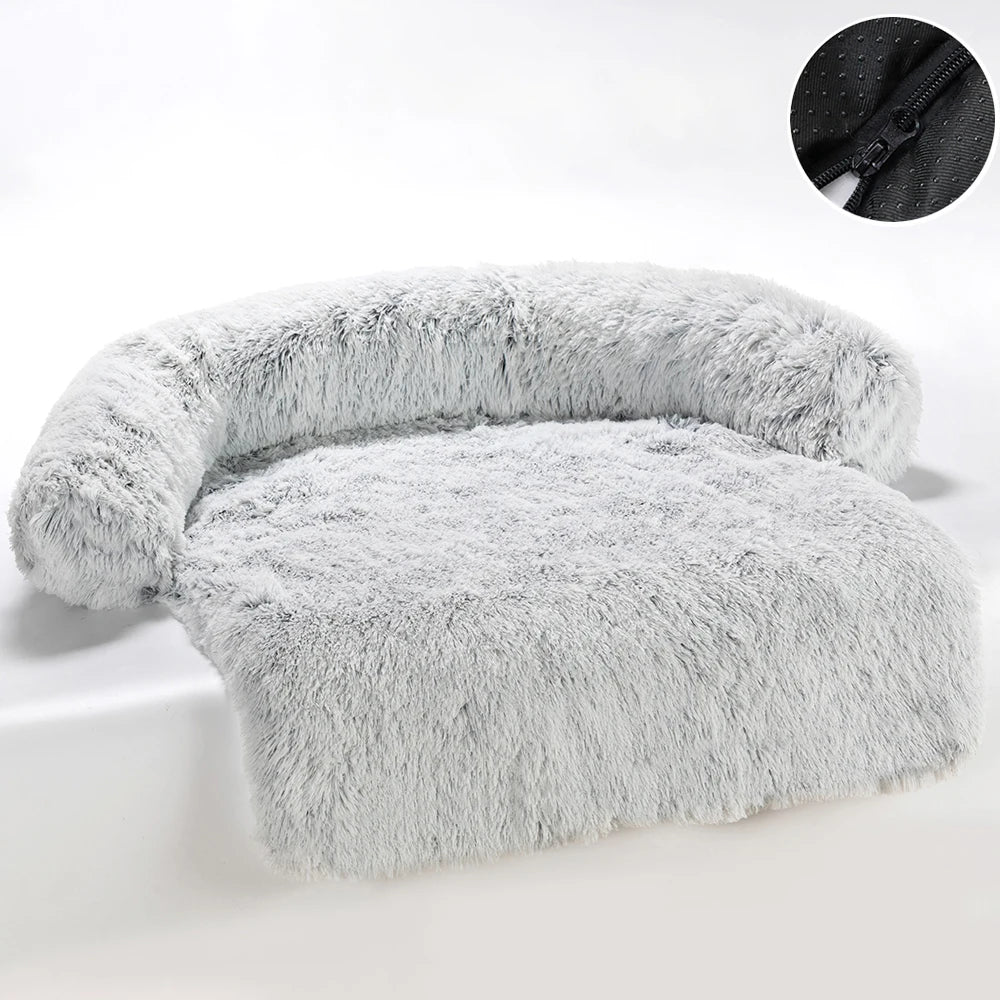
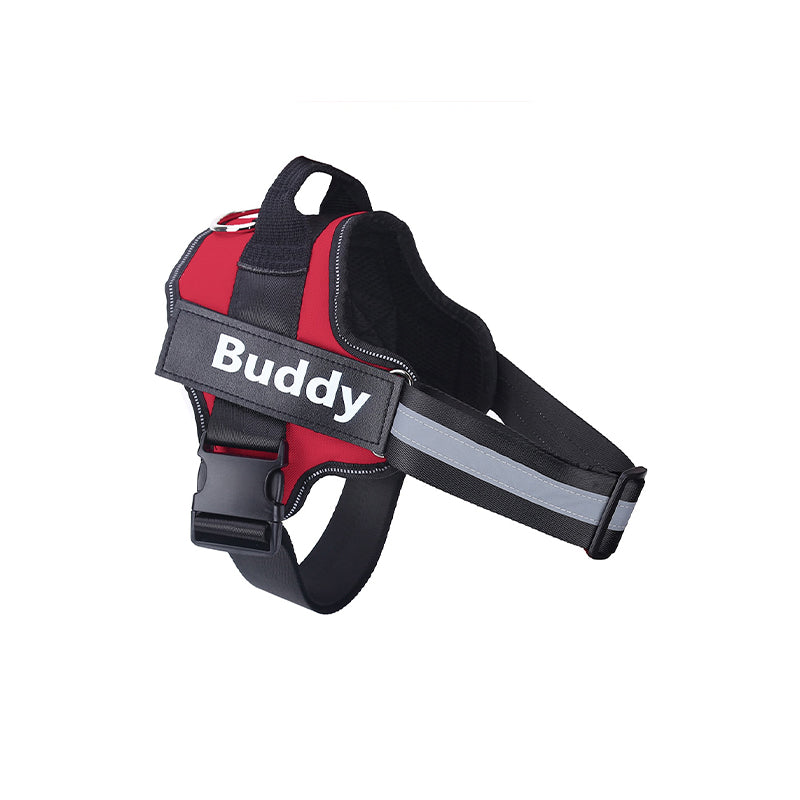
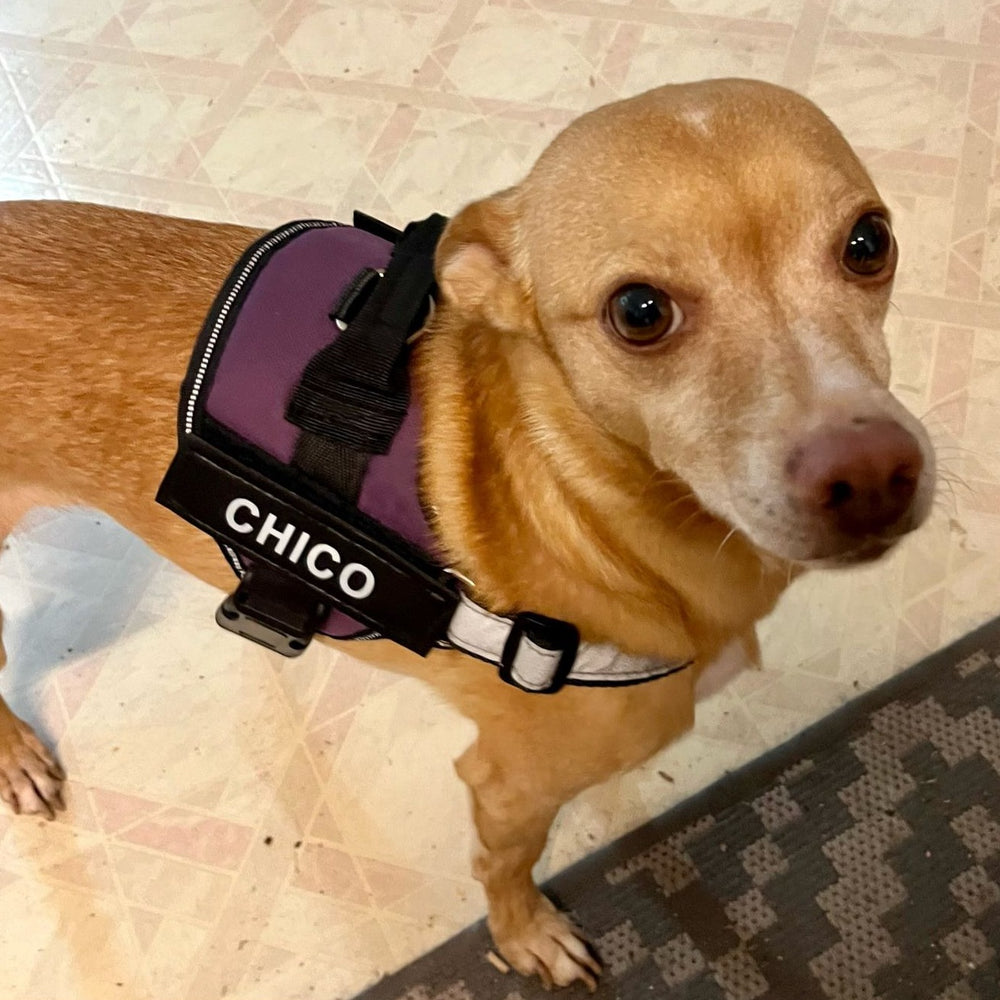


Leave a comment